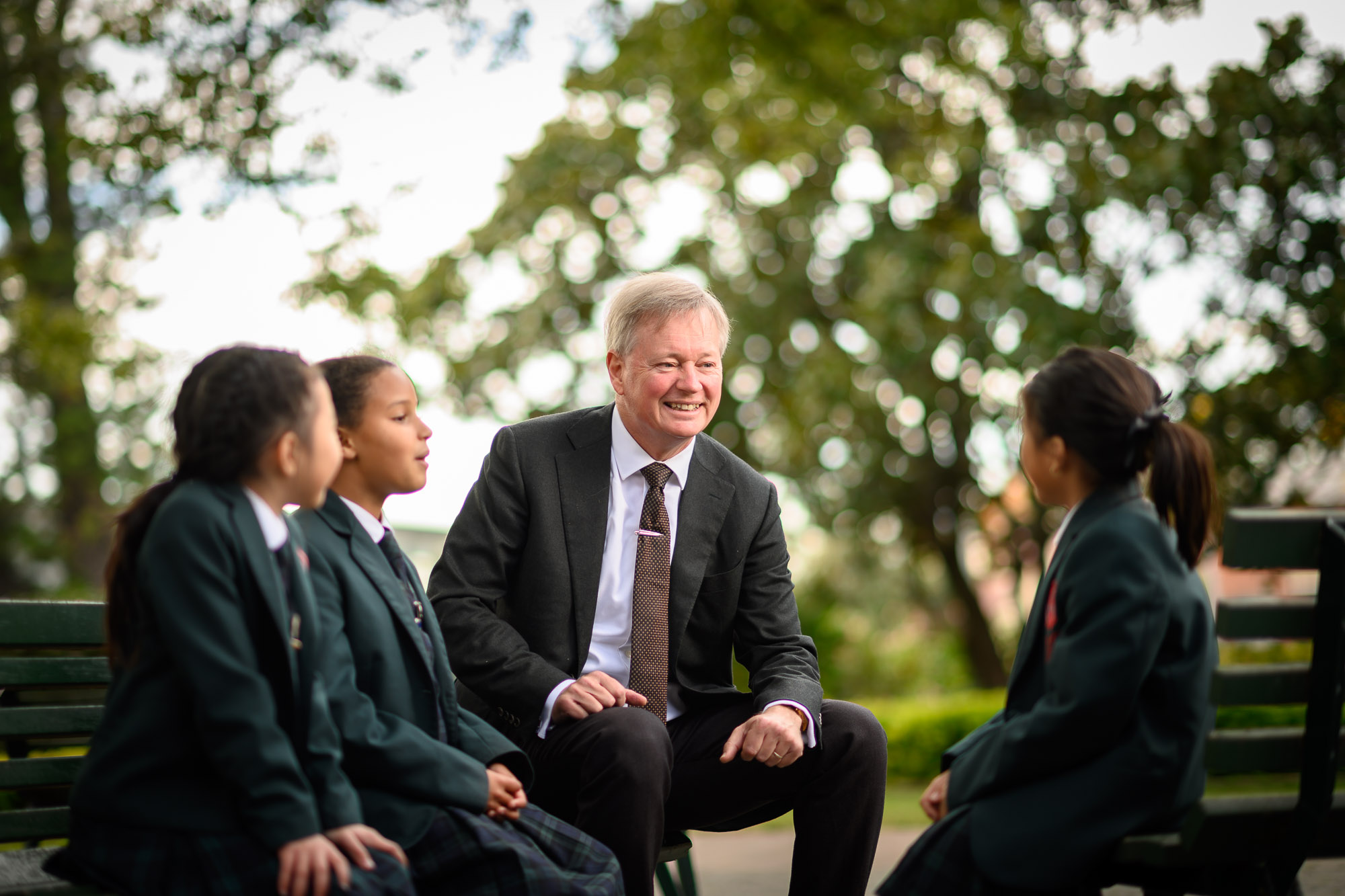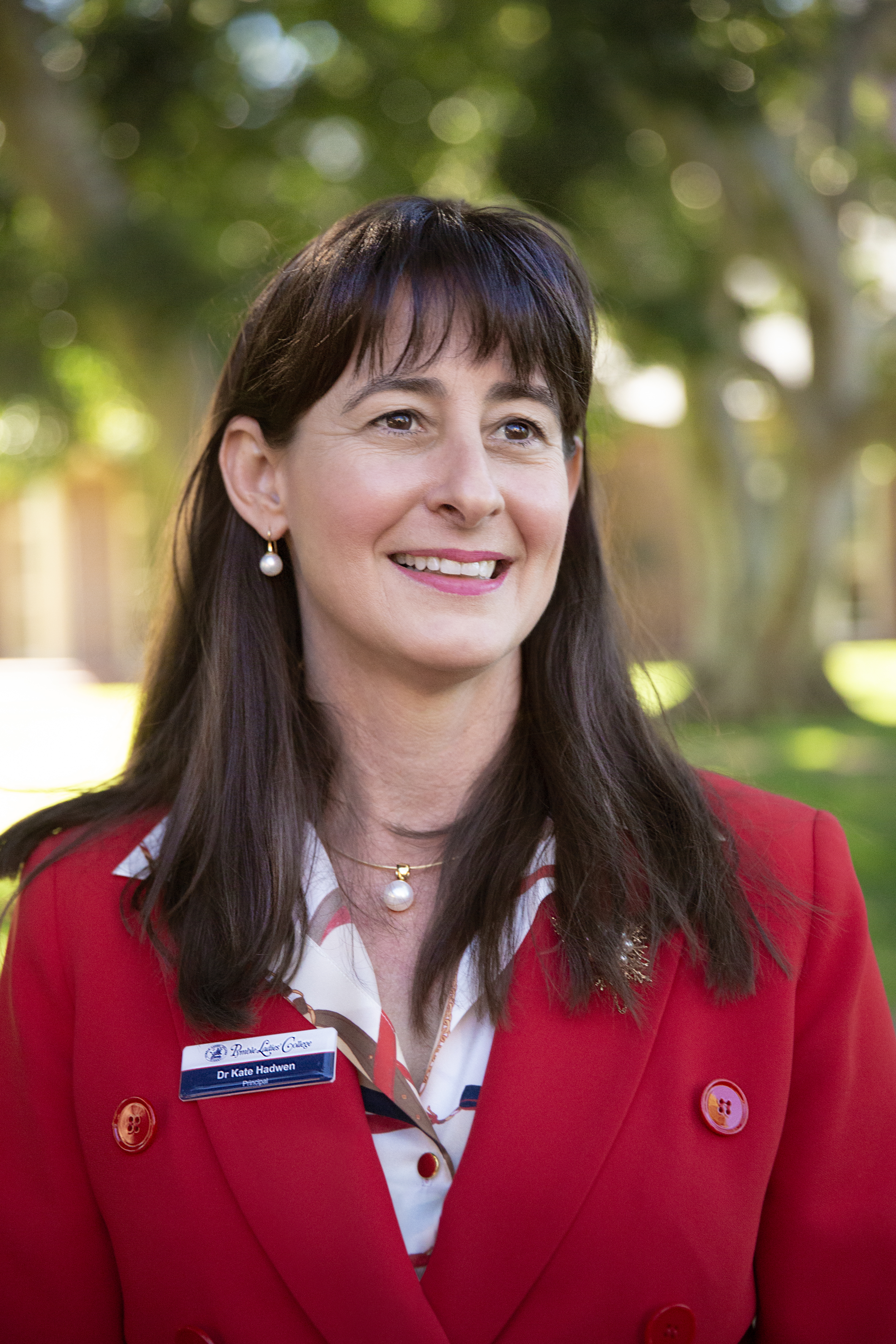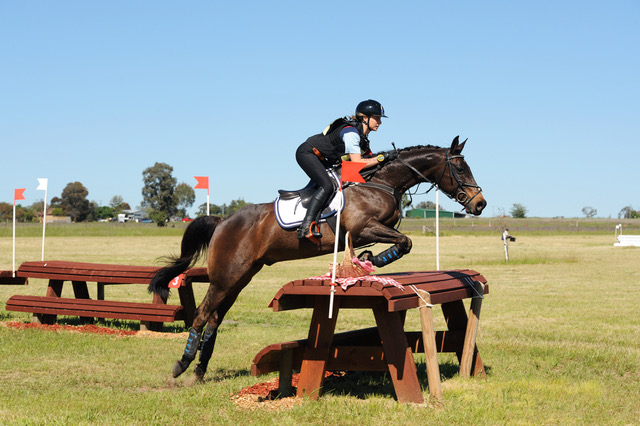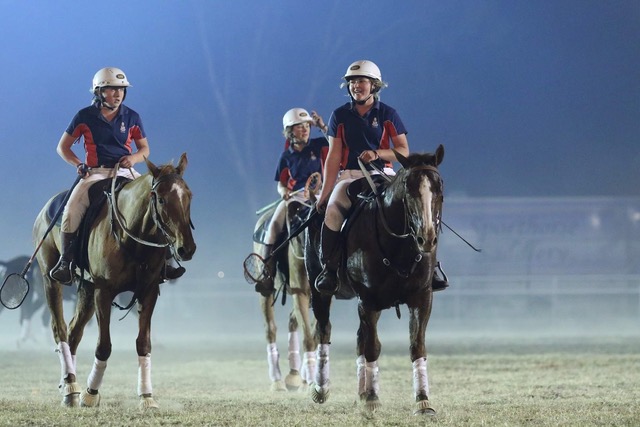
The coronavirus induced transition to remote learning presented a huge range of challenges to schools and families, with many parents fearing that their children would be disadvantaged by the disruption.
But at PLC Sydney, it was far from a bad experience. In fact, “it was a great win”, says Principal Dr Paul Burgis, thanks to swift action and a lot of hard work.

By the time NSW Premier Gladys Berejiklian announced the closure of schools as part of the non-essential services lockdown, PLC Sydney had already taken classes online.
“We started on the Thursday before the premier made it official on the Monday,” says Dr Burgis.
“We decided when the curve really took off that we would try to avoid having a case and look after our staff [who] were particularly vulnerable because of adult-to-adult transmission.”
Using Zoom video conferencing software for lessons and Google Classroom for homework and assignments, the school of almost 1400 students didn’t skip a beat. Even the technology cooperated, with PLC Sydney encountering far fewer problems than anticipated.
The hardest part was keeping students engaged with learning, especially in the early years.
“For years 3-12, it worked really well. We were primarily concerned for the young ones,” Dr Burgis says, “they need more assistance.”
To provide that, PLC Sydney employed a “multi-modal framework” with lots of activity-based learning and problem solving tasks, supplemented by explanations and individual follow-up, he says.
“Power Up Wednesdays” allocated a day every week to creative, physical and wellbeing projects to help students cope with the emotional burden of isolation. A competition to “Walk Around the World” saw the girls collectively take enough steps around their homes to get to Florence, Italy; while the “Portrait in Isolation” project challenged students and staff to express their feelings in a self-portrait. The evocative results are now on exhibition at the school.

“We also did a living history project, where students wrote their experience of working at home to pass on to future generations. One of the museums in Sydney thought it was a great project and they’re going to do something with it,” he adds.
“I’ve been really impressed by how calmly the girls have gone about things. Across the whole school the students have been fantastic. We haven’t had any increase in wellbeing issues; if anything slightly less.
“I want to pay tribute to the teachers for that. The comment from the students was that the teachers were really there for them.”
Positive outcomes from remote learning can be felt throughout the school, Dr Burgis says. Zoom has worked so well that they’ll be incorporating it permanently for classes at PLC Sydney’s Jindabyne-based Winter School. Boarders stranded overseas and in country NSW have been able to return to school virtually, and taking P&F meetings online has tripled attendance.

Parent information sessions have gone digital too. Dr Burgis describes PLC Sydney’s inaugural webinar for 130 prospective parents as logistically challenging but ultimately successful.
“I presented, one of our vice-captains spoke and we did a virtual tour of the college. Our executive were all on standby to chat. Parents typed in questions and I answered as many as I could and the executive were all typing away answers.
“We got quite a few enrolments so I think we did okay.”
As constructive as these past few weeks have been though, nothing can replace the social aspects of school, Dr Burgis says.
“Students really missed their peers. After a while, working from home becomes a bit like Groundhog Day, every day follows the same pattern. Face to face we read the nuances and enjoy the physical company of others.”
Remote learning has many advantages but it’s exhausting in the long term and requires heavy lifting from teachers, students and parents to make it work, he acknowledges.
“I’ve really appreciated how the staff, teachers and executive have come together really well to make sure the learning worked. That’s been tiring though. This is normally a long weekend with a professional development day but we’ve given the staff an extra day off. They’ve been working hard and they’ve just done a huge professional development task on the job.
“We’ve been really grateful for the support of the community and because of that it’s worked well.”



